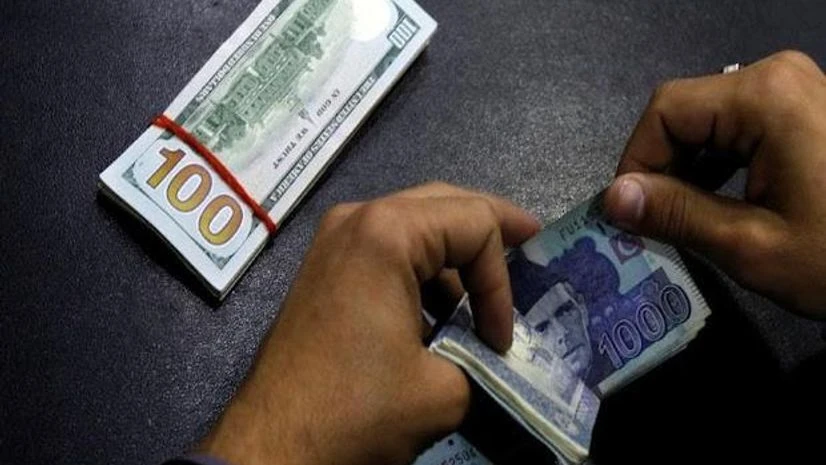Due to the increase in the petroleum prices, the inflation rate measured by the Sensitive Price Index (SPI) in Pakistan increased by 3.38 per cent in comparison to the previous week.
The data was released by the Pakistan Bureau of Statistics (PBS). The increase in the weekly inflation is the highest since the change of the base year for measuring the SPI, the Dawn reported.
Pakistan's former finance minister Shaukat Tarin blamed the Imran Khan-led Pakistan Tahreek-i-Insaf government's agreement with IMF for the price hike.
"Despite increasing petrol/ diesel prices by Rs84/115 per litre, power/ electricity prices by 50pc, you have not been able to satisfy IMF. The latest economic survey released by your govt validates our strong economic performance, so stop blaming us and improve performance of your govt," he tweeted.
In another tweet, he posted a graph for the basic monthly budget of a four-member family which rose to nearly Rs13,000 since March 31, 2022, the Dawn reported.
"Petrol/diesel/electricity price increase so far has impacted households. Don't know how they will cope with this and forthcoming inflation tsunami."
More From This Section
"I am worried about how a poor man in Pakistan will survive in this situation," he further said.
Tarin projected that annual inflation would be in the range of 25pc to 30pc.
Notably, the prices of petrol and diesel prices were raised by Rs84 and Rs115 per litre, respectively, while electricity tariffs were raised by 50pc.
During the week under review, the year-on-year increase in SPI was 27.82pc.
After the country's Finance Minister Miftah Ismail made the announcement to increase the fuel prices on Wednesday, saying that the move is to reduce the fiscal deficit and revive loan support from the International Monetary Fund (IMF), protest rallies and dharnas were carried out in parts of Sindh, resenting the hike in fuel prices.
The protestors said a rise in petrol price will only lead to steeper inflation making the life of lower strata people more miserable. The protestors also threatened to intensify the stir if measures were not taken to control this spiralling inflation, Pakistan's vernacular media reported.
The prices of high-speed diesel (HSD), petrol, kerosene, and light diesel oil (LDO) have gone up by a massive 83pc, 56pc, 73pc, and 68.4pc respectively, since May 26.
On Wednesday, Ismail announced that the ex-depot price of high-speed diesel (HSD) has been fixed at PKR 263.31 per litre, jumping 83 per cent since May 26 from PKR 144.15 per litre.
The price of petrol jumped to PKR 233.79 from PKR 209.86 per litre, increasing by 56 per cent from PKR 149.86 per litre before May 27.
The price of kerosene has been fixed at PKR 211.43 per litre, jumping 73 per cent since May 26 from PKR 118.31 per litre.
Also, the ex-depot price of light diesel oil has been set at PKR 207.4 per litre, increasing 68.5 per cent from PKR 125.56 per litre in May.
Since the Shehbaz Sharif government has come to power in Pakistan, the daily essentials are getting costly and have become out of reach of the common man due to recent hikes in petrol prices and power tariffs, a local media report stated. The Russia-Ukraine war has also fuelled inflation at the global level, leaving the people of Pakistan in misery.
(Only the headline and picture of this report may have been reworked by the Business Standard staff; the rest of the content is auto-generated from a syndicated feed.)

)
